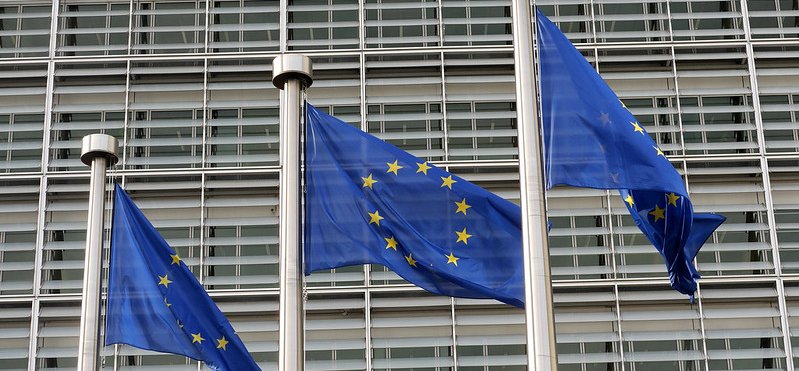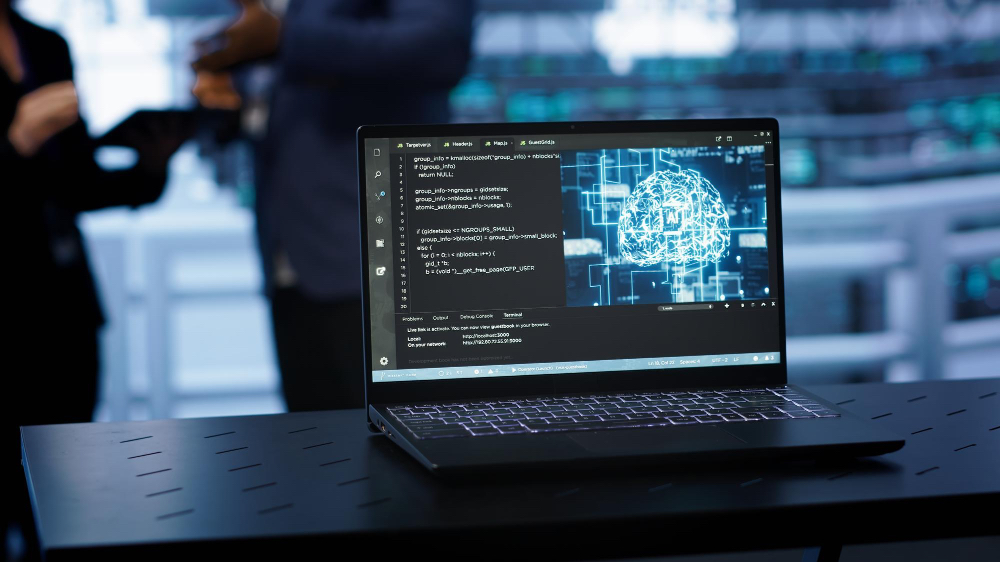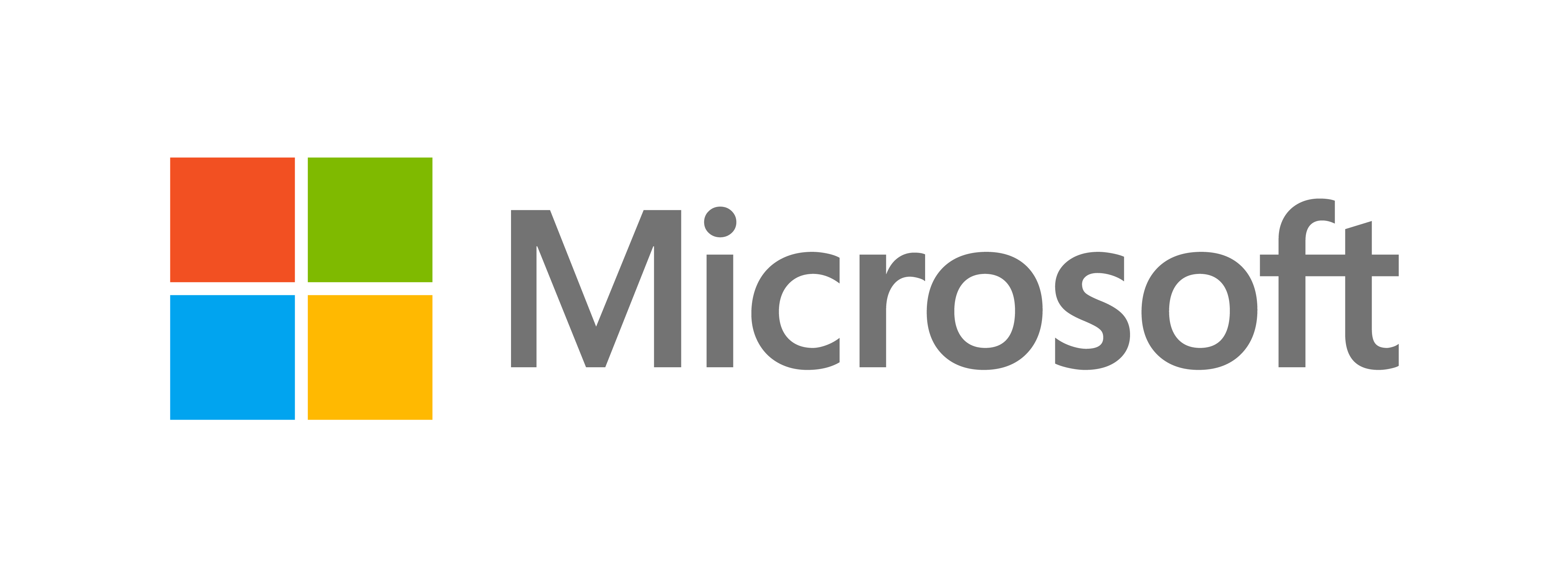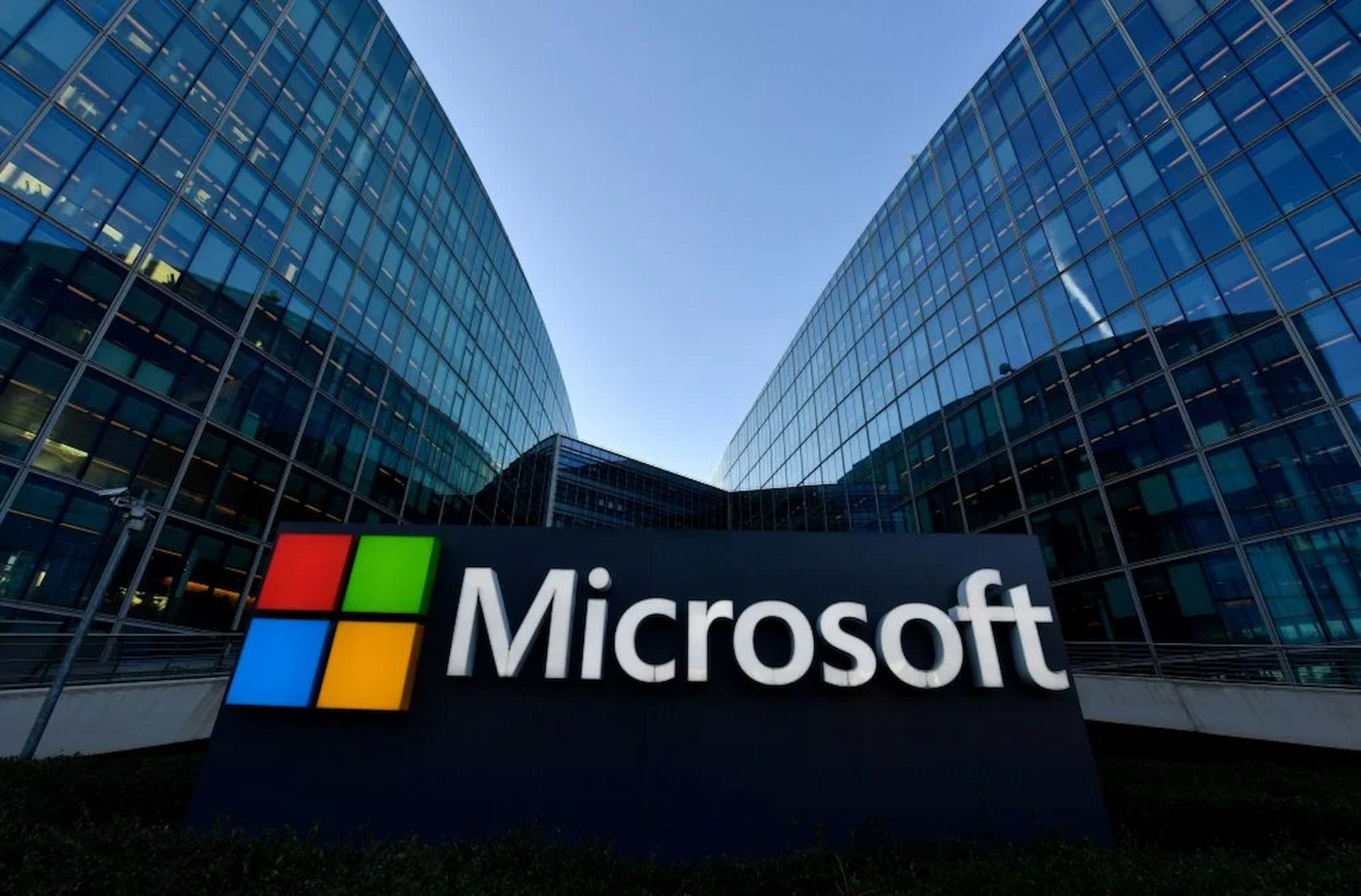Burkina Faso has launched work on a Digital Infrastructure Supervision Centre as part of a broader effort to strengthen national oversight of digital public infrastructure and reduce exposure to external digital risks.
The project forms a core pillar of the government’s digital sovereignty strategy amid rising cybersecurity threats across public systems.
Led by the Ministry of Digital Transition, Posts and Electronic Communications, the facility is estimated to cost $5.4 million and is scheduled for completion by October.
Authorities state that the centre will centralise oversight of the national backbone network, secure cyberspace operations and supervise the functioning of domestic data centres instead of relying on external monitoring mechanisms.
Government officials argue that the supervision centre will enable resilient and sovereign management of critical digital systems while supporting a policy requiring sensitive national data to remain within domestic infrastructure.
The initiative also complements recent investments in biometric identity systems and regional digital identity frameworks.
Beyond infrastructure security, the project is positioned as groundwork for future AI adoption by strengthening sovereign data and connectivity systems.
The leadership of Burkina Faso continues to emphasise digital autonomy as a strategic priority across governance, identity management and emerging technologies.
Would you like to learn more about AI, tech and digital diplomacy? If so, ask our Diplo chatbot!










